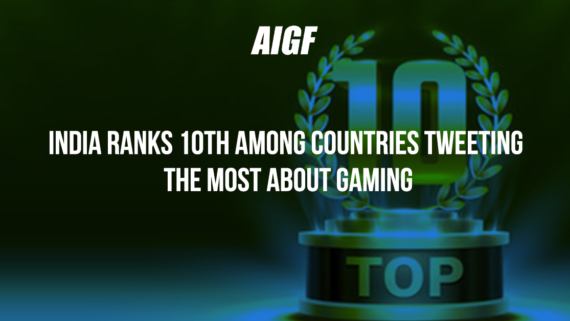Karnataka is proposing a change to the Karnataka Police Act to incorporate such online games, trying to ban “any act or gambling cash, or in any case on the unknown result of an occasion including for a game of skill,” as per the bill seen by Reuters. Numerous offenses under the law as of now draw prison time, and the bill proposes to expand these penalties.
Karnataka, Home To India’s Silicon Valley, Seeks To Ban Online Gaming, Worrying Booming Industry
The Indian state Karnataka, home to India’s Silicon Valley, has proposed a ban on online games including wagering and betting, sparking worries that developing state guidelines could hit the early yet blooming sector.
Karnataka is proposing a change to the Karnataka Police Act to incorporate such online games, trying to ban “any act or gambling cash, or in any case on the unknown result of an occasion including for a game of skill,” as per the bill seen by Reuters. Numerous offenses under the law as of now draw prison time, and the bill proposes to expand these penalties.
The Karnataka government has said the bill is required as young people from rural areas, generally inactive in the city during the COVID-19 pandemic, “have shown an inclination of becoming routine gamblers.”
It comes as online fantasy gaming platforms, for example, Tiger Global-backed Dream11 and Sequoia Capital-funded Mobile Premier League (MPL) that deal fantasy cricket and football games have become progressively well known in India.
Karnataka, home to some of the world’s greatest tech organizations and India’s tech capital Bengaluru, is the fourth Indian state to look to ban online games including prize money after Telangana, Tamil Nadu, and Andhra Pradesh.
“Business of MPL, Dream11 and everybody in the sector will endure,” said one gaming industry source, who declined to be named on the grounds that the individual was not approved to address the media.
“These states are significant – they generally represent 20% of (the aggregate) business for such organizations.”
The online gaming industry in India has developed in recent years. Foreign investors have shown a growing interest in sponsoring Indian gaming startups since last year as the COVID-19 pandemic drove individuals stuck inside towards such games.
India as of now has over 400 online gaming startups and, starting in 2020, had around 360 million gamers, as indicated by an EY-All India Gaming Federation report. Online gamers are relied upon to increase to 510 million by 2022 and the business will be valued at $2 billion by 2023, the report said.
The Dream11 and MPL platforms, offering paid contests with monetary rewards for players, have extended quickly in recent times with extensive marketing and recruits. Dream11 is looking for a U.S. posting by next year from now, local media has said.
Such development has sparked worries that these platforms, such as gambling, are habit-forming and can cause monetary loss.
India’s Tamil Nadu, Telangana, and Andhra Pradesh states have all banned online gaming offering monetary rewards in the course of recent years, however, Tamil Nadu’s bill was hence struck somewhere around its high court.
Sandeep Chilana, a New Delhi-based lawyer, said such laws have a frail legal standing given the Supreme Court has over and over said skill games – like fantasy cricket – are not like gambling which remains to a great extent prohibited across India.
“Indian states are overextending and will confront legal challenges by prohibiting such skill games,” said Chilana.
The Karnataka proposal additionally comes at a bad time for the industry, during the famous Indian Premier League cricket competition. Fantasy gaming rivalries around the competition are one of the greatest fee generators for online gaming organizations, said a second industry source, who asked not to be identified.
The potential boycott will likewise hurt pro players, said Esports Players Welfare Association, a non-profit for online gamers.
“Games and esports are areas where skill can be developed because of which it’s anything but a sin activity,” the group said.
Credits: Mint











Comments
Comments are closed.